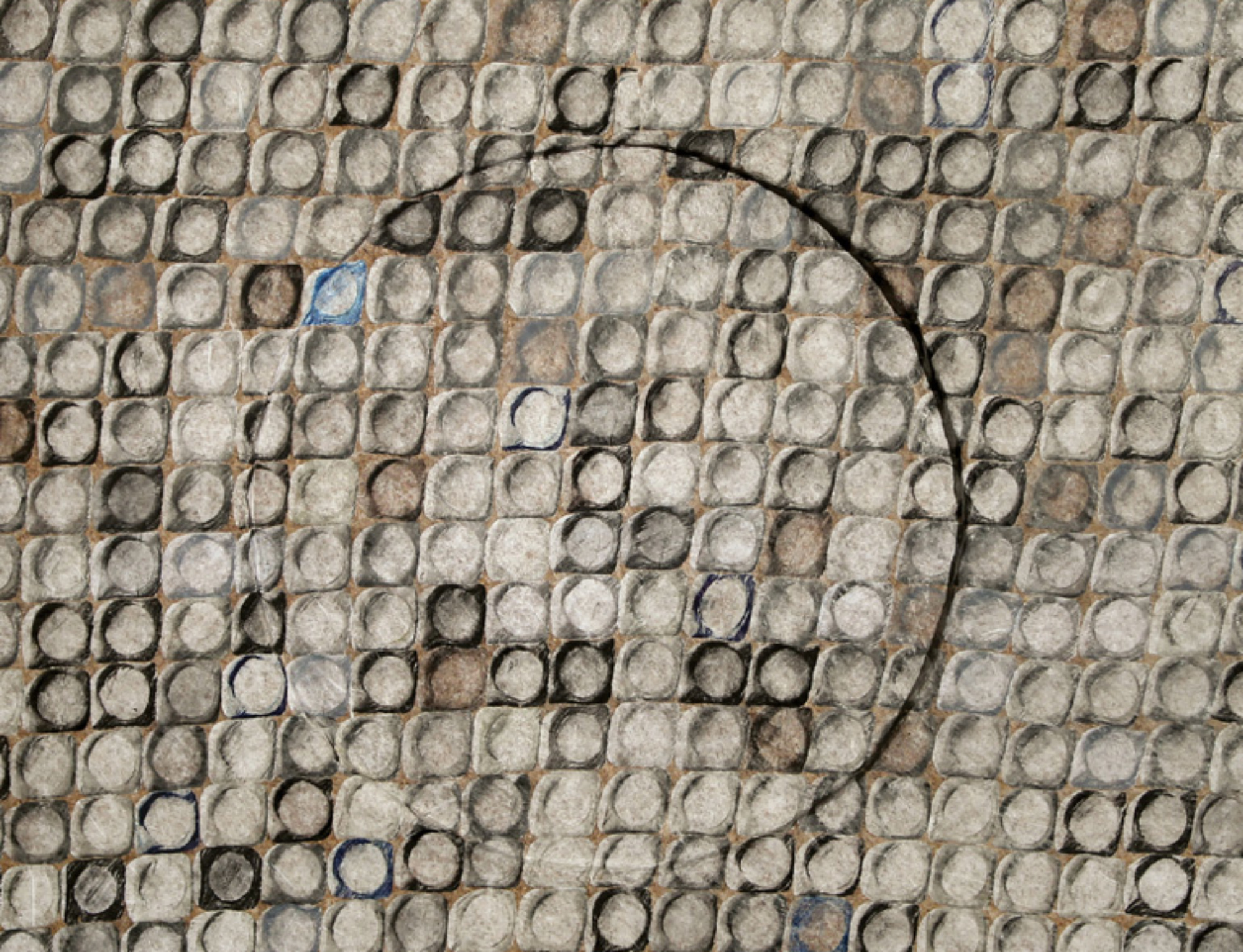“Invent in your language, if you can,
or if you want to understand mine”
Jacques Derrida
Language and Langage
The work of translator, who makes the conversion of a language to be possible, from an unknown to a familiar one, is one of the nearest metaphors to every man’s life.
Every man unconsciously finds himself to give voice to the enigma of his own subjectivity, through the universal and definite forms of the language, and he will also briefly notify the inadequacy of the words he uses at the same time those words want to describe moods, or want to bring back suggestions brought to us from a dream or an art masterpiece.
Something might get lost, just when the need to explain and to dominate a feeling starts to be more urgent…and the words underline an absence, an alienation towards unknown object they aim to own.
By paradox, from this alienation on, the bound of the search for ourselves opens, because if we recognize the waste between unconscious language and conscious language, we can recognize there is a request who precedes us and guides our way of speaking.
Thanks to the “lapsus” or forgetfulness, we can notice that we don’t simply speak, but we “are spoken” from our deepest subjectivity, beyond the objective speech’s rules.
Words don’t disclose, they reveal: they never tell definitely the effective meaning of what makes them coming our…but they always betray it, and yet they are the most important echo of our existence.
They are a “veil” who continuously opens and closes tightly to the enigma everyone brings inside, and only the one who does not consider words as cages to schedule all their meaning, can give the words their primitive sacredness.
On “Langage”, a series Caterina Ciuffetelli’s works, it is the essential sense of the language sacredness to come closer to the visitor, with all the directness of the visual impression.
They “are” not a language, but they evoke the silent place who stands at the hedge of every language, beyond the meaning conventionally given to the words and to the syntax structures.
It does not have sense to look for a connection between the calligraphical course and the progress of a logical feeling; it is superfluous to inquiry on real rules of decoding or translation: the “Langage” are pure presence of signifier and they open onto the limit dimension of the “non detto” (not told), immanent towards every word, either written or pronounced, about the unseizable contingency of the feeling, and it is, at the same time, beyond the horizon and here on our skin.
Ciuffetelli’s sign does not appear firmly deposited on canvas, but it seems coming out from the underground and near to go down there once again, connected to a web of casual force on which the artist pours an opalescent sand, as she wants to keep its secret.
“Langage” ‘s primitive character, who should be taken beyond the similarity visible on the graphies from ancient times, lives on the sign’s existence.
Ciuffetelli puts on the stage the arcane gesture of every man who leaves signs on the sand: free from every link with the symbolic dialectic of the language, he does not write something definable, but he simply insists on his own being on earth, hic et nunc, and on his own unique identity.
In this sense, the works Langage recall to the sacredness of the language: they cannot be translated, because they are unconnected with the linguistic rules’ system, nevertheless thanks to their peculiar calligraphy, the spontaneous consistent subject and the changing reactivity to the luminous vibrations, they give the psychic and carnal singularity of the person who has created them.
They belong to the “non detto” (not told) dimension, but they are everything but mute: they surrender to the limit of the word and they offer as a gift a lively silence, in which the sense of the indefinable shows itself.
[M. Caterina Guerra]
